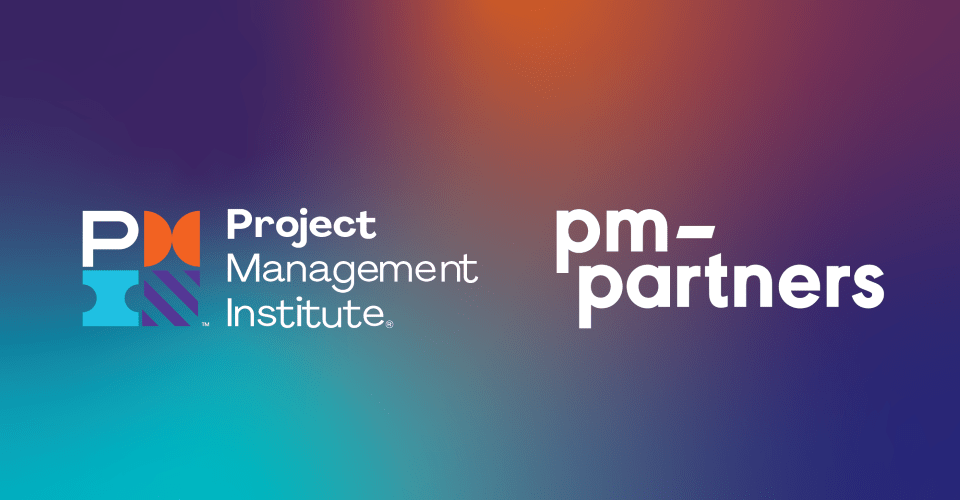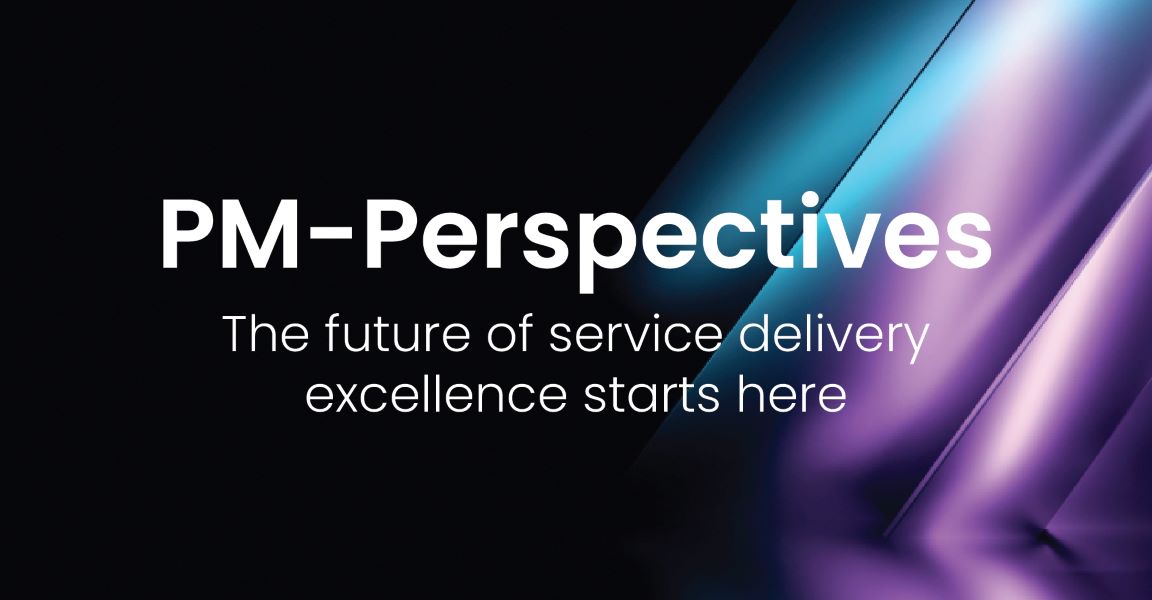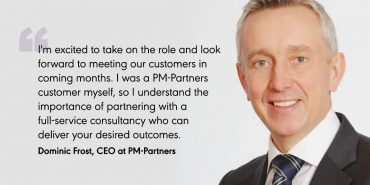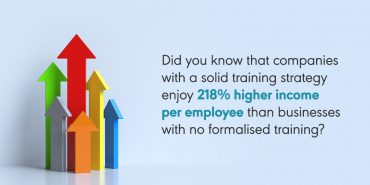Market impacts and growing trends as a result of the global pandemic
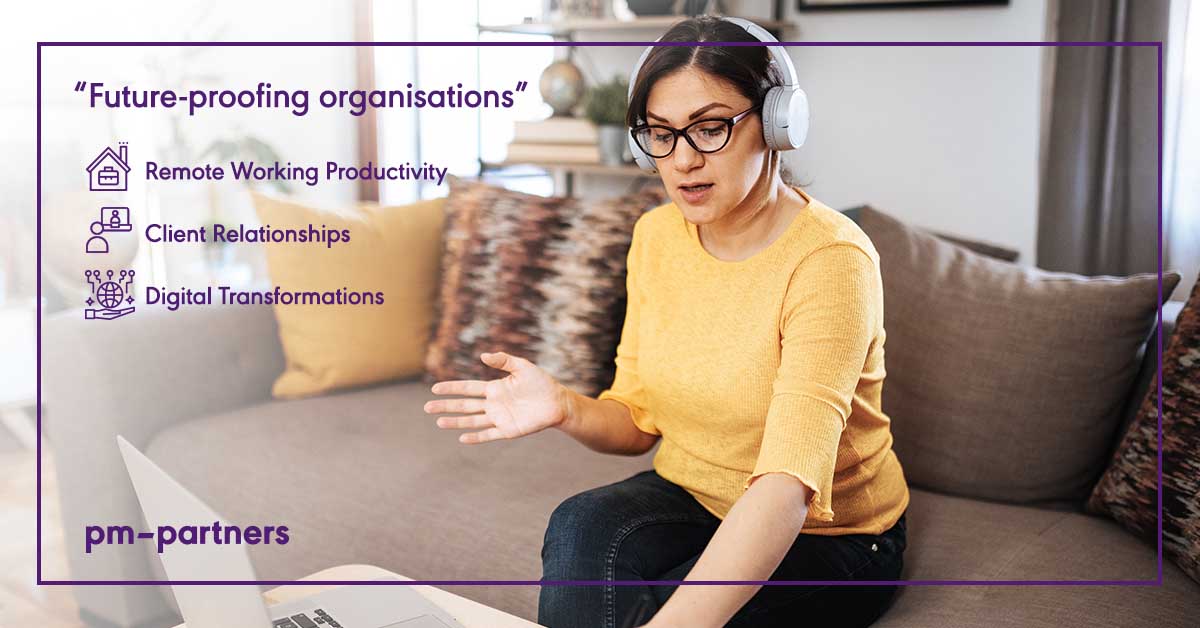
With millions of Australians already feeling the financial effects of the COVID-19 pandemic, you are probably wondering what this means for you and your organisation. And despite restrictions easing across the country, COVID-19 won’t be disappearing any time soon – which means it’s doubly important to use the time at our disposal to prepare for a ‘new norm’ of work.
We recently conducted a private forum with industry experts about how their own work lives have changed due to COVID-19, and what they anticipate organisations will need to transform in order to thrive in a post-COVID-19 environment.
A TOTAL REVISION OF DAY-TO-DAY OPERATIONS
For Marcus Ward, Principal Consultant at PM-Partners, a typical day working from home pre-COVID-19 consisted of him setting up his laptop on a nearby bench and ticking off his daily tasks. But with no specific return date to the office, he’s had to completely change the way he operates.
It started with creating a dedicated work environment in his home rather than a slapdash, short-term solution via the kitchen table. What was more interesting, however, was that despite usually completing his office-based tasks in an entirely digital format, in his new workspace he finds it easier to create physical representations of data pulled from his laptop – using whiteboards, post-it notes and more, which helps boost his productivity.
And productivity is an essential part of the remote-working revolution. McCrindle research reveals that more than half (55%) of Australians working from home say they are slightly or significantly more productive when working remotely instead of in a distracting office environment. For Marcus, what helped him most was restructuring his day with the lean Pomodoro technique – something that would have been near-impossible to accommodate at the office due to the reactive nature of his work.
STRATEGIES TO RETAIN THE SOCIAL–PRODUCTIVITY BALANCE
Yes, improved productivity is a big reason why proponents of remote working have been so vocal about its benefits. However, a drawback has reduced face-to-face interactions, with the social element of work often viewed as unimportant if not entirely distracting. But the truth is that socialisation between co-workers is critical for better communication, teamwork and staff camaraderie.
Geoff Rooney, Partner for Financial Services and Audit at BDO, says finding a balance between socialisation and productivity is in every organisation’s best interests, particularly if the working-from-home experiment gains enough traction that it becomes a semi-permanent solution for many businesses.
BDO has already conducted polls across the organisation to determine which individuals and teams want to return to work and which would prefer a customised approach involving both office and remote working. It’s then about determining the benefits according to different departments. He advises, however, that there’s no one-size-fits-all approach, and in fact there are a number of people who may find remote working is detrimental to their productivity.
The bottom line is that, no matter how or when the COVID-19 pandemic is resolved, some vestige of our current working styles will remain for the long-term. Moreover, business leaders will need to accept that many employees will want to find a balanced working style that suits them. Organisations that achieve this – i.e. by implementing technology to work smarter, not necessarily harder – will be the winners post-COVID-19.
CREATING A CULTURE OF TRUST WHILE RETAINING A STRONG WORK ETHIC
Technology will play a critical role for organisations across most industries in terms of thriving beyond the pandemic, according to Chris Moore, Program Office Manager and Change Lead at eHealth NSW.
Videoconferencing, for example, has seen a significant uptick since country-wide lockdowns went into place. It will also be crucial in a post-COVID-19 society when more and more staff are working from home, and hiring managers seek to recruit the best people beyond state and international borders.
There’s more to it than that, though. Chris says organisations will need to continue focusing on staff and leadership forums, regular Q&As and briefing sessions, and a variety of other communication methods in order to ensure the entire team – whether in the office or working remotely – are on the same page and able to collaborate with easy-to-use technology.
With the right digital solutions in place and a long-term strategy for mixed working styles post-pandemic, employees will have greater trust in their leadership and be able to adopt a more autonomous approach to their own tasks, thus bolstering their work ethic.
DON’T FORGET THE CUSTOMER
With so much uncertainty for the future, it’s easy to get bogged down with internal issues and spend all your time revising remote-working strategies, adopting new technologies and building a long-term plan for how the organisation will operate in the ‘new norm’. However, the customer cannot be forgotten, lest your cash flow take a serious hit.
Chris shared insights about what eHealth NSW has been doing to support their customers during COVID-19. The success of a healthcare business often comes down to client relationships, and Chris and his team kept that ‘link’ firmly in their sights from the start.
Virtual meetings with key customer representatives across the state are commonplace and essential to streamline operations in such a complex business model. Regular staff forums also allow eHealth to clarify business priorities for the whole team and ensure there are no unnecessary roadblocks despite the mix of remote and office-based workers.
THERE ARE POSITIVES FROM THIS PANDEMIC – SMART BUSINESS LEADERS ARE LEVERAGING THEM
Brian Szwarcberg-Poch, Account Director at PM-Partners, is adamant that despite the widespread economic devastation – not to mention the tragic deaths of so many people around the world – there are positives to come out of the pandemic. Many of these revolve around greater productivity through remote work, faster digital transformations and a realignment of the important role that customer relationships play in business success.
While we can’t predict the future, we can use the information at hand to guide our strategies moving forward. By recognising what’s working in the current work climate, business leaders can pinpoint what they should be investing in. Whether that’s reducing their overheads with a broader remote workforce, investing in smart technologies that streamline operations, or rethinking how they communicate and support customers – there are definitely opportunities out there.
The key is to remember that life won’t simply return to the way it was once COVID-19 has passed. Instead, there will be a new normal for organisations, and the leaders who make decisions to future-proof today will be the ones who hit the ground running fastest.
CLICK HERE TO WATCH THE ENTIRE Q&A SESSION
The current pandemic has confirmed that business transformation is inevitable in order to thrive in a post-COVID-19 environment. Speak to the experts at PM-Partners today about how we can help your business adapt to the changes and embrace smart strategies for the future.




